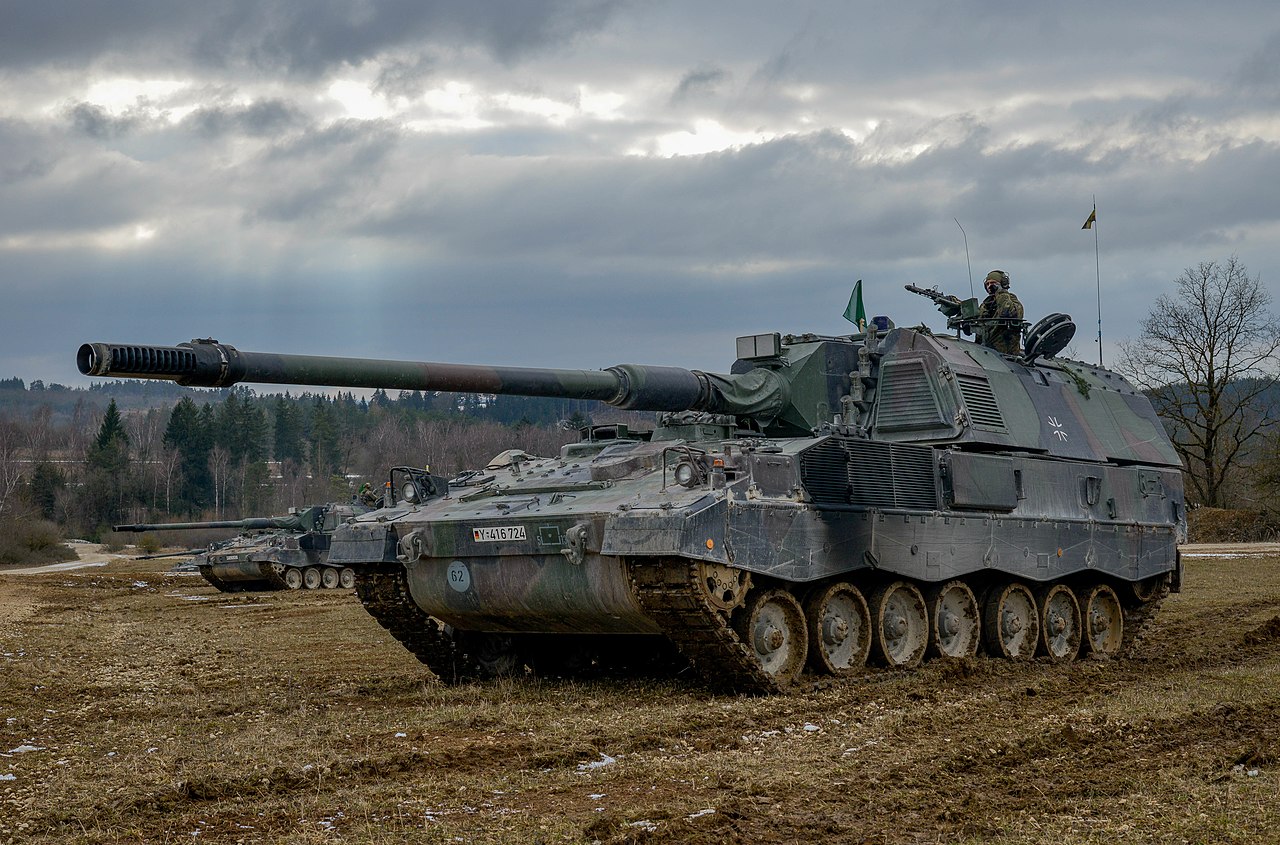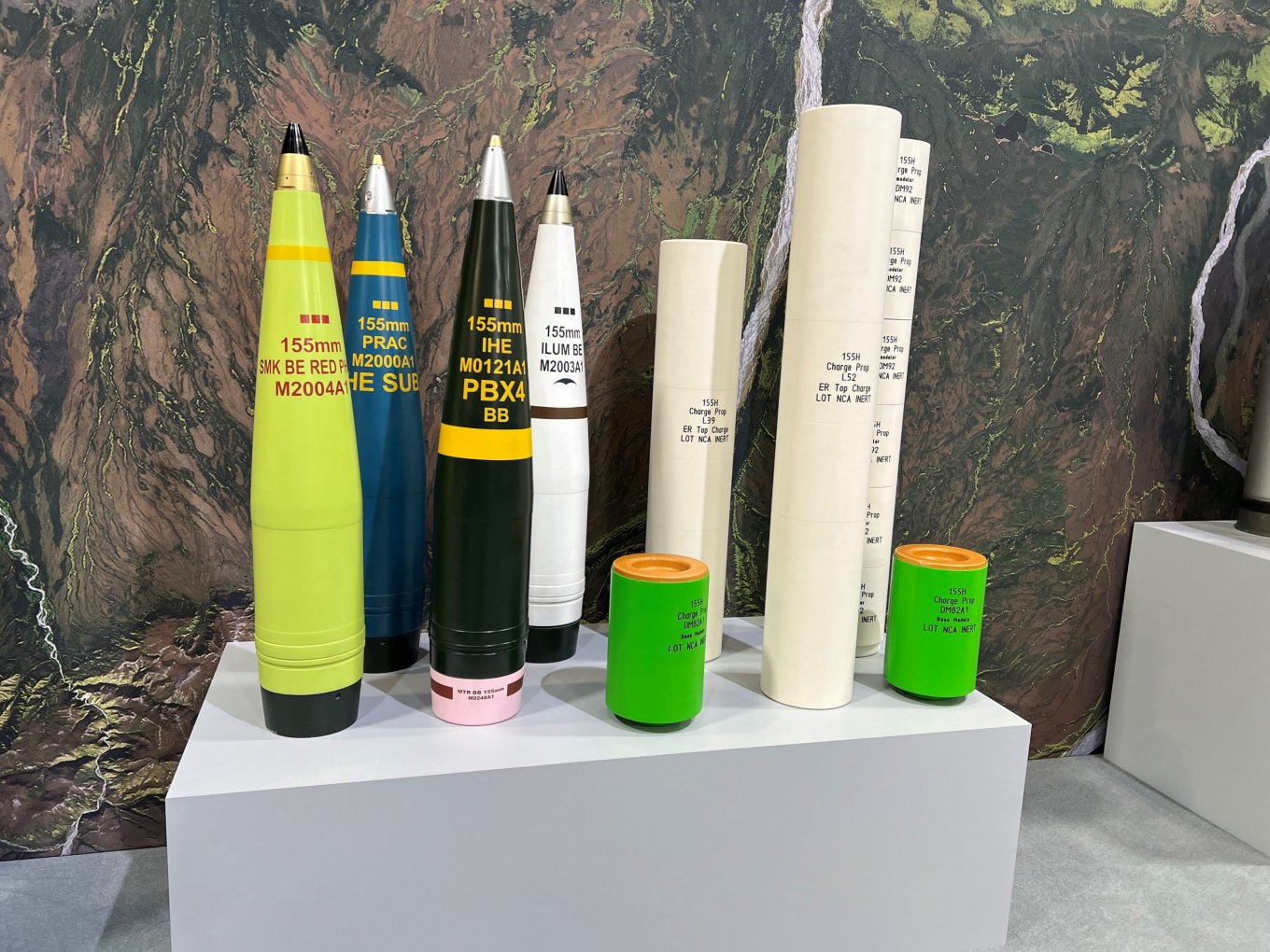Ukraine directly orders €9 million worth of ammunition charges from Rheinmetall

Ukraine has signed a contract with Rheinmetall for the supply of high explosive charge modules for 155 mm ammunition, which are to be delivered in an extremely short timeframe - by January 2025.
Here's What We Know
The German defence group Rheinmetall has announced the signing of an agreement with the Ministry of Defence of Ukraine for the supply of high-explosive charge modules for 155 mm artillery ammunition.
The contract is worth about EUR 9 million and the volume of supply is several tens of thousands of charges. The delivery is due to be completed in January 2025, which means that the contract has a very short lead time of just 1.5 months.
According to the Defense Express, explosive charges are currently in short supply on the global market, which forced Ukraine to look for suppliers even in South Korea. However, the refusal of Korean partners prompted Ukraine to intensify cooperation with European manufacturers.

155-mm shells and high-explosive charges. Illustration: ESUT
The short timeframe and scale of this contract may indicate that this is only the beginning of cooperation in this area. In addition, Rheinmetall has begun construction of a turnkey ammunition plant in Ukraine, one of four that the company plans to build in the country.
At the same time, Rheinmetall announced an additional order from the German government to supply Ukraine with 20 Marder 1A3 infantry fighting vehicles. Their value is estimated at "double-digit millions of euros" and delivery is scheduled for the first half of 2025.
Preparations are also underway to launch the production of the latest Lynx infantry fighting vehicles in Ukraine, with the first sample to be produced by the end of 2024. This opens up prospects for localising and expanding production to meet the needs of the Armed Forces.
Source: Defence Express